Description
Acyclovir is an antiviral medicine that helps manage infections caused by herpes viruses. It works by stopping the growth and multiplication of the virus, reducing the severity and duration of outbreaks. However, it does not cure herpes—the virus remains in the body even after symptoms resolve. Acyclovir is available in multiple forms, including tablets, capsules, oral suspension, injections, topical creams, and buccal tablets.
Ingredients
-
Acyclovir
Drug Class
Antiviral
Dosage Forms & Strengths
-
200 mg oral capsules
-
200 mg/5 mL oral suspension
-
400 mg oral tablets
-
800 mg oral tablets
-
Injectable forms (IV use)
-
Topical cream and ointment
-
Buccal tablet (Sitavig)
Primary Uses
Acyclovir is used to treat conditions caused by herpes viruses, including:
-
Genital herpes
-
Cold sores (Herpes labialis)
-
Shingles (Herpes zoster)
-
Chickenpox (Varicella)
-
Herpes simplex encephalitis (brain infection caused by herpes virus)
How to Use
-
Take orally with or without food. If stomach upset occurs, take with food or milk.
-
For best results, take at evenly spaced intervals.
-
Use exactly as prescribed by your doctor; do not share with others.
-
Drink plenty of fluids while on treatment to help protect your kidneys.
Side Effects
Common:
-
Nausea, vomiting
-
Diarrhea
-
Headache
-
Fatigue or general discomfort
-
Redness, itching, or pain at injection site (if injectable form is used)
Serious:
-
Kidney problems (swelling in legs, reduced urination, chest pain, confusion)
-
Severe allergic reactions (swelling of face/throat, difficulty breathing, rash, dizziness)
-
Neurological issues in rare cases (confusion, tremors, seizures)
Warnings & Precautions
-
Avoid use if allergic to Acyclovir or Valacyclovir.
-
Patients with kidney disease, liver problems, or neurological disorders should use cautiously.
-
Elderly patients may be more prone to side effects.
-
Not a cure—herpes virus can still spread; avoid sexual contact during active lesions.
-
Pregnant or breastfeeding women should only use under medical advice.
-
Drink plenty of fluids to prevent kidney complications.
Drug Interactions
-
Probenecid (used for gout) may increase acyclovir levels.
-
Drugs that affect kidneys (e.g., NSAIDs, cyclosporine, aminoglycosides) may increase the risk of kidney damage.
-
Always inform your doctor of any prescription, OTC, or herbal medicines you are using.
Storage
-
Store at 20°C–25°C (68°F–77°F) in a dry place.
-
Protect from light and moisture.
-
Keep out of reach of children and pets.
Overdose / Missed Dose
-
Overdose: May cause nausea, vomiting, seizures, or kidney problems. Seek emergency medical help immediately.
-
Missed Dose: Take as soon as remembered, unless close to the next scheduled dose. Do not double dose.
Doctor’s Review
Dr. Saad Khan (Consultant Infectious Diseases Specialist):
“Acyclovir remains a cornerstone antiviral for herpes-related infections. It is well tolerated in most patients when taken as prescribed, though kidney monitoring and hydration are especially important for those on higher doses or injectable forms.”
Disclaimer
This information is for educational purposes only and should not replace medical advice. Always consult your doctor or pharmacist before starting or stopping any medication.

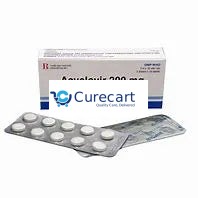


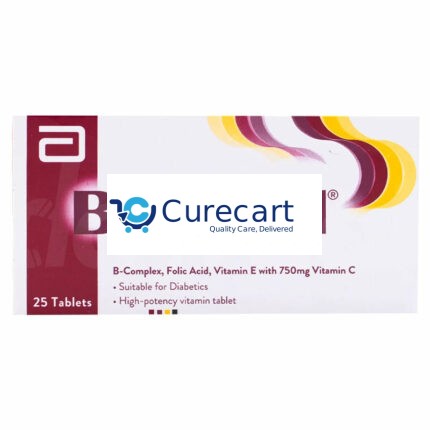
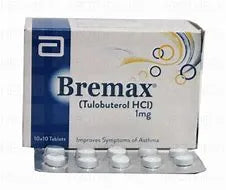
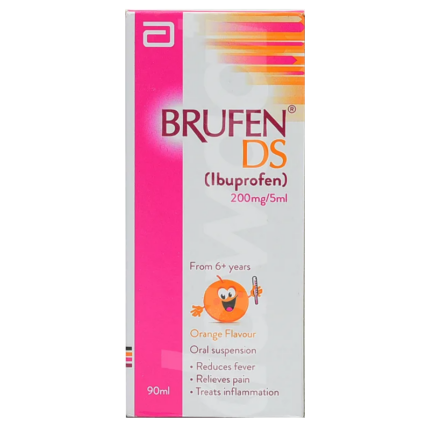
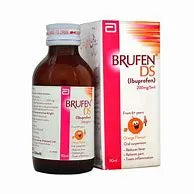
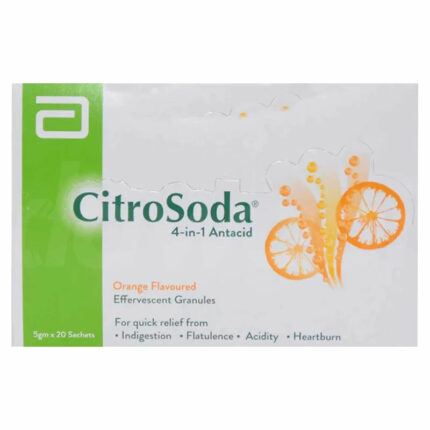
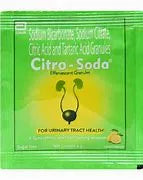
Reviews
There are no reviews yet.